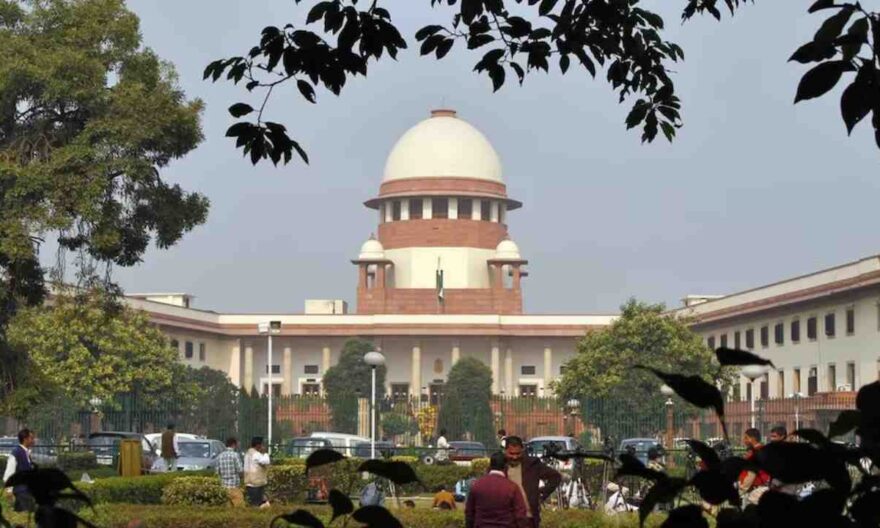
The Supreme Court has emphasized the need for careful examination of evidence and the possibility of embellishments in the prosecution’s case when an FIR is delayed and lacks a proper explanation.
The apex court acquitted two individuals who had been convicted and sentenced to life imprisonment for a murder that occurred in 1989, a decision that had been upheld by the Chhattisgarh High Court.
A bench of Justice J B Pardiwala and Justice Manoj Misra pointed out that the accused had been tried for the alleged murder of a man on August 25, 1989, while the FIR for the case was lodged the following day in Bilaspur district.
The bench emphasized, “When an FIR is delayed, in the absence of a proper explanation, the courts must be on guard and test the evidence meticulously to rule out the possibility of embellishments in the prosecution story, inasmuch as delay gives opportunity for deliberation and guesswork.”
It further stated, “More so, in a case where the probability of no one witnessing the incident is high, such as in a case of a night occurrence in an open place or a public street.”
The bench passed the verdict in response to appeals filed by the appellants, Harilal and Parasram, challenging the High Court’s February 2010 judgment, which had affirmed the trial court’s July 1991 order convicting and sentencing them to life imprisonment for murder.
The bench noted that three individuals were tried for the murder, and all of them had filed separate appeals before the High Court to challenge their convictions. One of them had passed away during the appeal process, resulting in the abatement of proceedings against him.
“In this case, we notice from the record that the trial court as well as the high court while appreciating the evidence have not properly addressed various aspects, namely, (a) there is no clear-cut motive proved against the accused except that there was some incident concerning a lady of the village,” observed the bench.
Although there might not have been a specific question posed to the informant, a prosecution witness, regarding the delay in lodging the FIR, the fact that it was a delayed FIR could not be ignored, according to the bench.
The bench also pointed out inconsistencies in the statement of one of the eyewitnesses, making it unreliable as evidence for convicting the accused of murder.
The prosecution failed to convincingly establish the circumstances of the crime, including its genesis and the manner in which the murder occurred, leading the bench to conclude that the killing was likely a result of mob action against the deceased due to his alleged involvement with a woman.
Consequently, the Supreme Court set aside the judgments of both the High Court and the trial court, acquitting the appellants of the charges against them. The appellants, reportedly released on bail during the appeal process, were not required to surrender.




